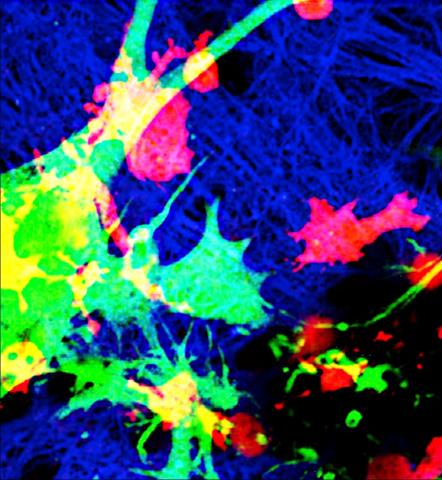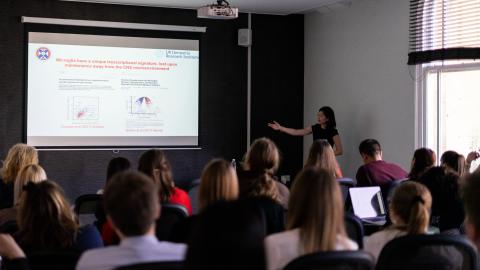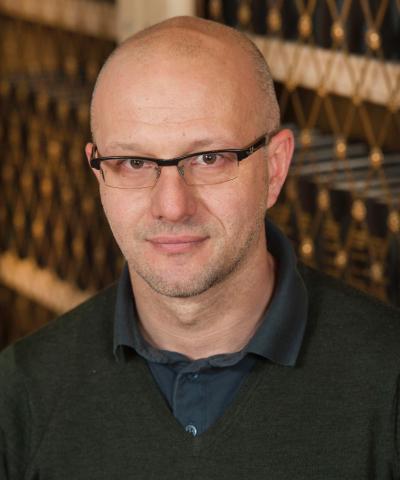Preventing inflammation and damage in neurodegeneration
Dr Jing Qiu studies how to protect the brain from inflammation and damage in diseases like Alzheimer’s and vascular dementia.
In healthy brains, immune cells called microglia support and protect brain function. However, in neurodegenerative diseases, these cells can change and start causing harm, leading to inflammation and damage. The Qiu Lab is working to find ways to prevent this harmful shift, helping microglia keep their normal, protective roles.
The lab also investigates the blood-brain barrier, a vital shield that keeps harmful substances out of the brain. When this barrier is weakened, inflammation can develop and worsen brain conditions. Jing's research looks at ways to strengthen the blood-brain barrier, especially after infections or in long-term diseases, to prevent brain damage.
Through this work, the lab aims to find new treatments to slow or prevent dementia and other neurodegenerative diseases.
Latest news



Dr Jing Qiu
Dr Jing Qiu is an Emerging Leader at the UK DRI at Edinburgh. Find out more about her career and expertise on her profile page.

Research summary

Microglia stained in green Credit: Dr Jing Qiu
Identifying novel strategies to modulate microglial phenotype and neuroinflammation
Dr Jing Qiu’s lab focuses on two main research areas to address neuroinflammation and blood-brain barrier (BBB) dysfunction in neurodegenerative diseases.
Programme 1 aims to identify therapeutic strategies to prevent harmful transformations in microglia, the brain’s immune cells, which play a significant role in the progression of neurodegenerative diseases. While microglia perform essential maintenance functions in a healthy brain, they can convert into a disease-associated subtype (MgND) during infection or in neurodegeneration. This harmful subtype is linked to inflammation, synapse damage, vascular dysfunction, and an overactive inflammatory response. Currently, no therapies exist to control this transformation. Dr Qiu’s lab is investigating methods to prevent this detrimental shift, enabling microglia to maintain their protective functions and respond properly to inflammation. This work could lead to novel approaches to reduce neuroinflammation in conditions like Alzheimer’s and Parkinson’s disease.
Programme 2 explores the role of blood-brain barrier integrity in neuroinflammation, especially following systemic infections or in diseases like vascular dementia. The BBB is crucial for protecting the brain, regulating the passage of nutrients and preventing harmful molecules from entering. When the BBB is compromised, neuroinflammation can result, exacerbating neurological conditions. Dr Qiu’s team is examining how modulating trans-BBB signaling can preserve BBB function, using both in vitro and in vivo models. This research seeks to prevent endothelial cell dysfunction, thereby reducing inflammation and protecting brain health in both acute and chronic settings.
Through these programs, Dr Qiu’s lab is advancing our understanding of neuroinflammation and identifying potential interventions to mitigate brain damage in neurodegenerative diseases.
Key publications
Vacancies
Lab members
- Tom Leah (Technician)
- Haoyu (Janice) Zou (PhD Student)
- Allen Shaw (MSc student)
- Zhuochun Huang (PhD Student)
Collaborators





Lab funders
Thank you to all those who support the Qiu Lab!



